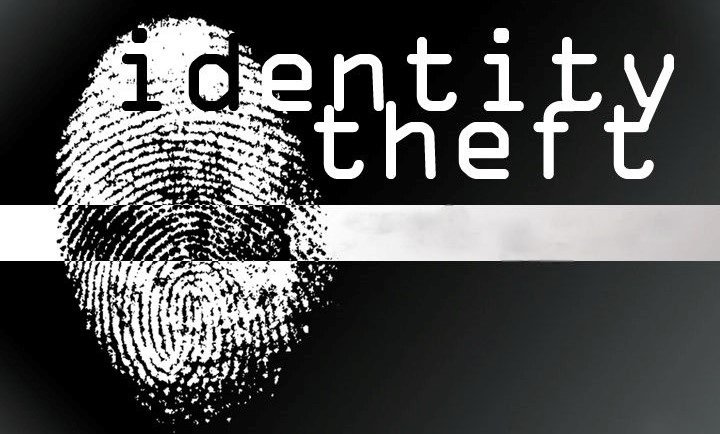
By Faith Nyasuguta
Imagine this… you have just woken up one morning and as you are going through your phone, you receive a message that leaves you bewildered.
‘You’ just drained your entire life savings, or someone posing as you cleared your accounts. Millions or hundreds of thousands are gone in a flash.
In Kenya, such scenarios are a daily thing as identity theft cases are ballooning by the ticking of the clock, according to a recent study.
Fresh data from Truecaller -the Stockholm-based caller identification app, ranked Kenya among the top three countries in which users receive the most spam texts across the globe. However, spamming is not just tied to texts as mobile phone users in Africa are also at risk of receiving spam calls.
The Covid-19 pandemic has only exacerbated the situation as a Communications Authority of Kenya (CA) report released in January 2021 shows a 159.9 per cent jump in cyber threats in July -September 2020 as compared to the previous three months. Out of the 35.1 million incidents recorded in the period, 27.4 per cent were tied to online fraud.
Further, there has been a shoot in targeted or randomized promotional messages over the past year, with thousands of Kenyans taking to social media platforms to air their frustrations. Other online users went as far as reporting that the moment one buys a SIM card and activates it in Kenya, about a dozen random promotional messages will pop up even before one can make their first call.

THE LOOPHOLES?
Betting firms were among the mentioned culprits during the discourse as Kenyans called for the state to protect personal data.
In the digital decade, compromised financial institutions staffers, and state offices that collect personal data have been a major stumbling block in the collective fight against online fraud in Kenya. Several cases have been documented.
There are various documented cases involving collusion between such staffers and fraudsters. Forkbombo is one of the most famous cases of online fraud, with billions of shillings siphoned by elaborate con artists.
Allegations point to the infamous Forkbombo gang of hackers being drawn together by a former Kenyan Directorate of Criminal Investigations (DCI) officer.
The gang was reported to have permeated a number of systems including the Kenyan Judiciary and the Kenya Revenue Authority (KRA).

A separate 2020 survey by Credit Reporting agency TransUnion Africa revealed that the identity details that Kenyans have been filling in visitors’ books while visiting offices, schools, companies, buildings, and various firms are an easy target for conmen out to steal your cash.
The study further showed that Kenyan banks are currently losing over $130 million annually to fraudsters via identity theft.
With the advent of digitization and automation of financial systems, financial crimes are also getting more electronically sophisticated.

PERSONAL DATA THEFT
Identity theft means that one has obtained somebody’s personal identifiable information for financial gain.
Personal identifiable information (PII) is information that, when used alone or in combination with other pertinent data, can identify somebody. PII may include full names, ID numbers, medical records, and also mobile phone or bank or details.
Once fraudsters have your PII, they can take up your identity and authorize financial transactions including taking of loans. A fraudster can also make purchases using your credit card and even make cash transfers from one account to another.
For ten years now, Kenya has seen fraud balloon at an alarming rate. It has not only affected individuals but huge financial institutions have also been defrauded as criminals aim at consumer accounts by coining new ways of gaining access.
As traditional business models plummet and the globe embraces fast-changing technology, the risk of fraud is also on an upward trajectory.

BOOSTING SECURITY SYSTEMS
In Kenya, financial institutions have been working round the clock to shield themselves and their customers from increasingly cunning fraudsters.
For instance, Safaricom, the leading Kenyan telco is set to introduce a feature that will prevent mobile money merchants from viewing a customer’s phone number details on transactions.
“The plan is to hide your number where it will display say the first two or three numbers and the last ones and block out the middle, just the way banks do,” a Safaricom executive stated.
The telco aims at halting a trend in which the displayed phone numbers are traded to third parties without consent.
The telco seeks to put an end to a trend of these contacts being traded to third parties without consent being sought. These third parties include advertisers, bulk SMS service providers, and even fraudsters.




